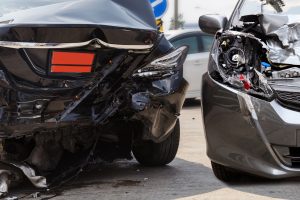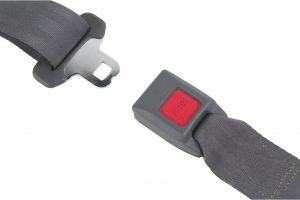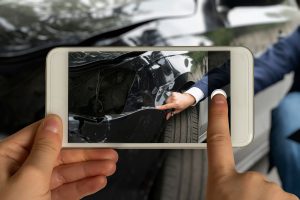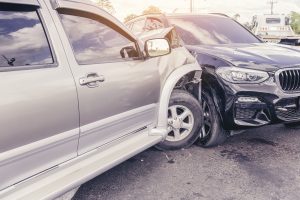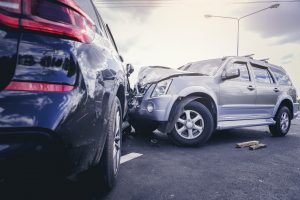As Broward car accident lawyers, we may be able to represent more than one person involved in the same car accident – but only when there is no conflict of interest between them. The problem, however, is that not all conflicts of interest are immediately apparent.
Defining a Conflict of Interest
As noted in Florida Rules Regulating the Florida Bar 4-1.7, some ethical conflicts of interest for lawyers exist when:
- The representation of one client would be directly adverse to another.
- There’s substantial risk that representing one or more client would be materially limited by the lawyer’s responsibilities to another client, former client, or third person by a lawyer’s personal interest.
Such conflicts can sometimes be waived if the lawyer believes they can provide competent and diligent representation to all clients, the representation isn’t barred by law, and each affected client gives informed consent.
When Interests May Conflict for Broward Car Accident Victims
When it comes to Broward car accident cases, the most obvious conflict of interest would involve representation of one driver suing another for negligence. That would likely never happen.
Similarly, it’s highly unlikely a Broward car accident lawyer could ethically represent both an injured passenger and the driver being sued for the negligence that caused the passenger’s injuries.
Where the lines become a bit more blurred is when two people in the same crash are suing a third party for negligence that caused both their injuries. For example, it might make sense for two family members injured in the same car accident to hire one lawyer if the other driver was mostly if not entirely at-fault. This is particularly true if you’re a parent of minor children.
However, it’s important to understand that if a driver and passenger suing the same driver for the same act of alleged negligence, a conflict can arise because the money will be paid from the same pot. If the injuries of one person are more severe, fairness would stand to reason that they should get a larger chunk of the money. An attorney representing both clients may find themselves with a conflict of interest because they’re advocating for the maximum payout for each.
Also bear in mind that there are few South Florida car accidents in which one driver is entirely, 100 percent at-fault for the crash. There are often several factors. If you are a passenger in a car with a driver who was just partially at-fault, you may have viable claims against both drivers. In that situation, it would be a conflict of interest for a Broward personal injury lawyer to represent both you and the person who was driving the car you were in.
Florida Bar Ethics Opinion on Car Accident Lawyer Conflicts of Interest
Continue reading
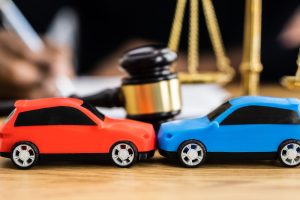
 Broward Injury Lawyer Blog
Broward Injury Lawyer Blog




